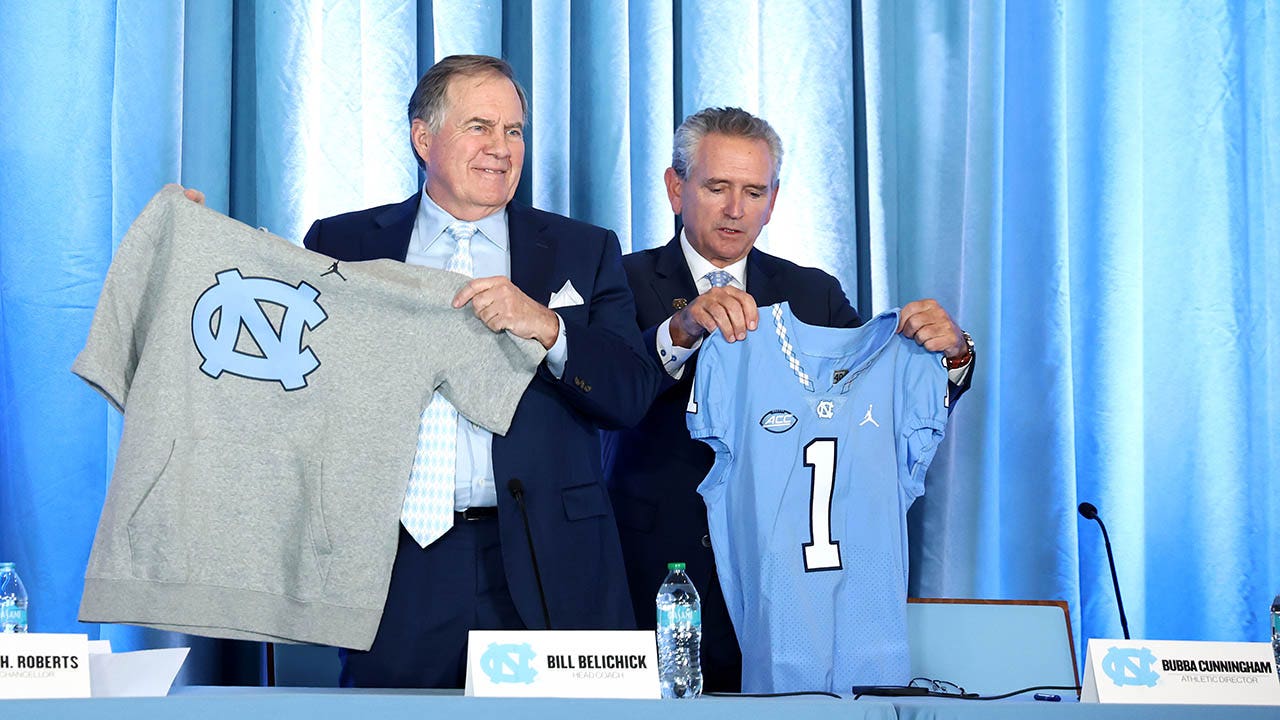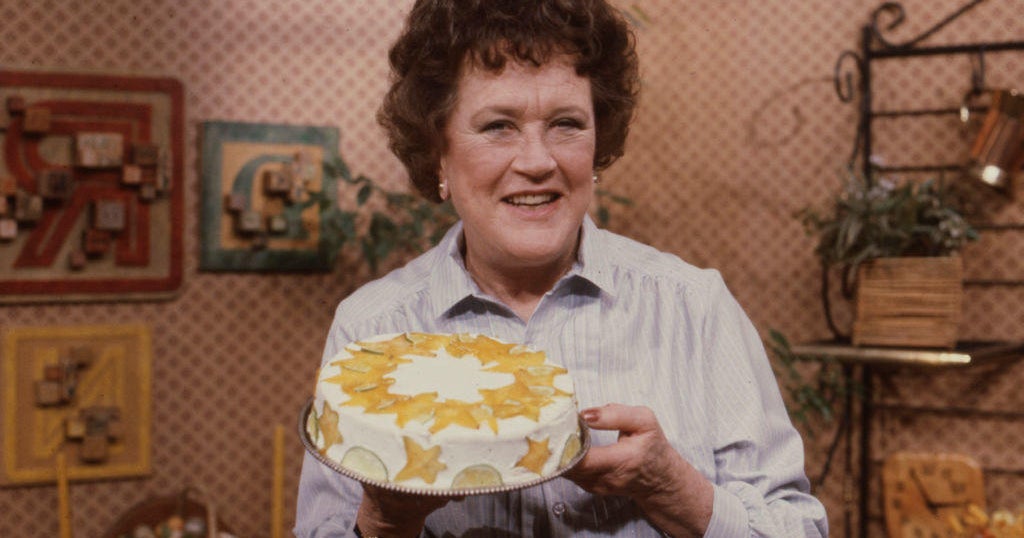Representatives speak with customers at a UnitedHealthcare store in Queens, New York.
Michael Nagle | Bloomberg | Getty Images
UnitedHealth Group’s stock price jumped Friday after the health-care conglomerate reported second-quarter revenue and adjusted earnings that topped Wall Street’s expectations despite rising medical costs.
The results eased investor concerns after the Minnesota-based company flagged a surge in demand for non-urgent surgeries and outpatient services last month and spooked the market.
UnitedHealth Group is the biggest health-care company in the U.S. by market cap and revenue, and is even bigger than the nation’s largest banks. Given its size, UnitedHealth Group is considered a bellwether for the broader health insurance sector. Its market value was around $447 billion as of Friday afternoon.
Here’s what UnitedHealth Group reported compared with Wall Street’s expectations, based on a survey of analysts by Refinitiv:
- Earnings per share: $6.14 adjusted vs. $5.99 expected
- Revenue: $92.9 billion vs. $91.01 billion expected
UnitedHealth Group reported a net income of $5.47 billion, or $5.82 per share, for the quarter. That compares with $5.07 billion, or $5.34 per share, for the same period a year ago. Excluding certain items, the company’s adjusted earnings per share were $6.14 for the period.
The company reported total revenue of $92.9 billion for the quarter, up 16% from the same period a year ago. That excludes $33.6 billion in “eliminations,” which are payments from the company’s UnitedHealthcare business to its other division, Optum. UnitedHealth Group can’t record those transactions as revenue because it is paying itself.
UnitedHealthcare, which provides insurance coverage and benefits services to more than 50 million people, saw second-quarter revenue grow 13% from a year ago to $70.2 billion.
The company’s other platform, Optum, saw revenue increase nearly 25% from a year ago to $56.3 billion. Optum offers health services and runs one of the largest pharmacy benefit managers, or middlemen who negotiate drug discounts with drug manufacturers on behalf of health insurers and large employers.
Optum’s growth was helped in part by UnitedHealth Group’s roughly $8 billion acquisition of the health care technology company Change Healthcare.
It was also driven by a more than 900,000 year-over-year increase in the number of patients served by Optum’s health services business under value-based care arrangements.
UnitedHealth Group raised the low end of its full-year adjusted earnings outlook to $24.70 to $25.00 per share, from a previous forecast of $24.50 to $25.00 per share.
The company’s medical cost ratio – the percentage of payout on claims compared with premiums – came in at 83.2%. Analysts had estimated that ratio would be 83.3% for the quarter, according to FactSet.
The medical cost ratio is up almost 2% from the same period a year ago. UnitedHealth Care said that was driven by the previously noted uptick in elective surgeries and outpatient care activity, primarily among seniors.
“To illustrate, in the second quarter, outpatient care activity among seniors was a few hundred basis points above our expectations,” UnitedHealth Group CFO John Rex said during an earnings call.
Rex noted that much of that care has come from seniors who are getting heart procedures and hip and knee replacements at outpatient clinics, reiterating his previous remarks at the Goldman Sachs health-care conference last month.
UnitedHealth Group expects its medical cost ratio to “be a little bit lower” in the third quarter compared with the second quarter, Rex said during the call.
He added that the company also expects the medical cost ratio in the third quarter to be “higher marginally” than it will be in the fourth quarter, noting that it’s “just a seasonality factor.”
But overall, the company expects the “general pacing of care activity to remain consistent,” according to Rex.
Insurance companies have benefited in recent years from a delay in nonurgent procedures due to hospital staffing shortages and the pandemic, which saw hospitals inundated with Covid patients. Hospitals at that time were widely seen as too risky to enter for elective procedures.
But UnitedHealth Group executives indicated that the trend may be reversing.
















































